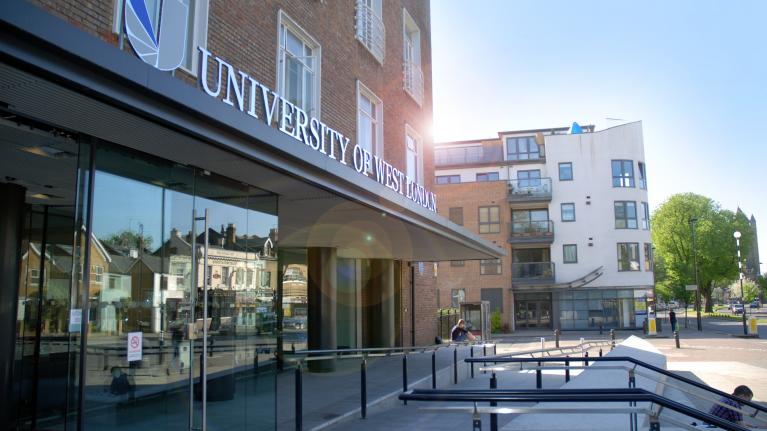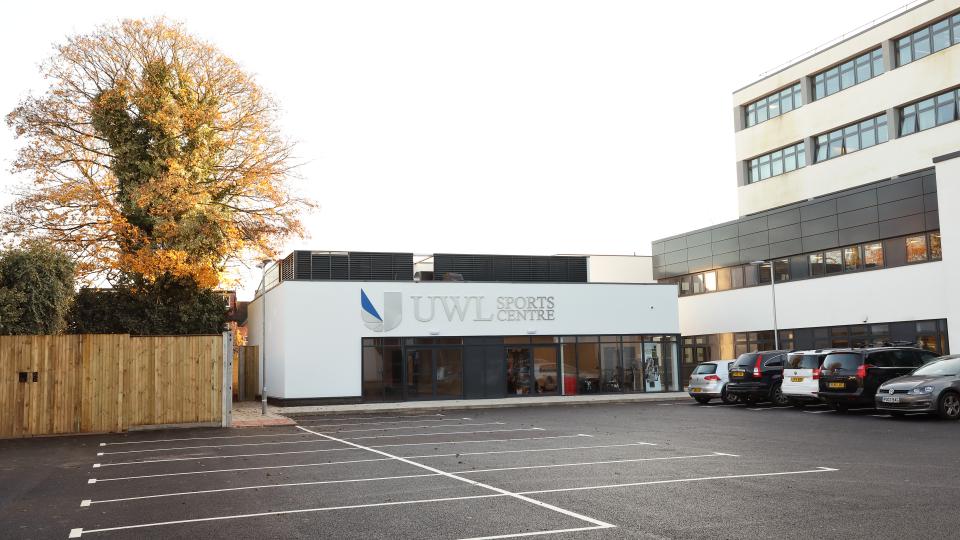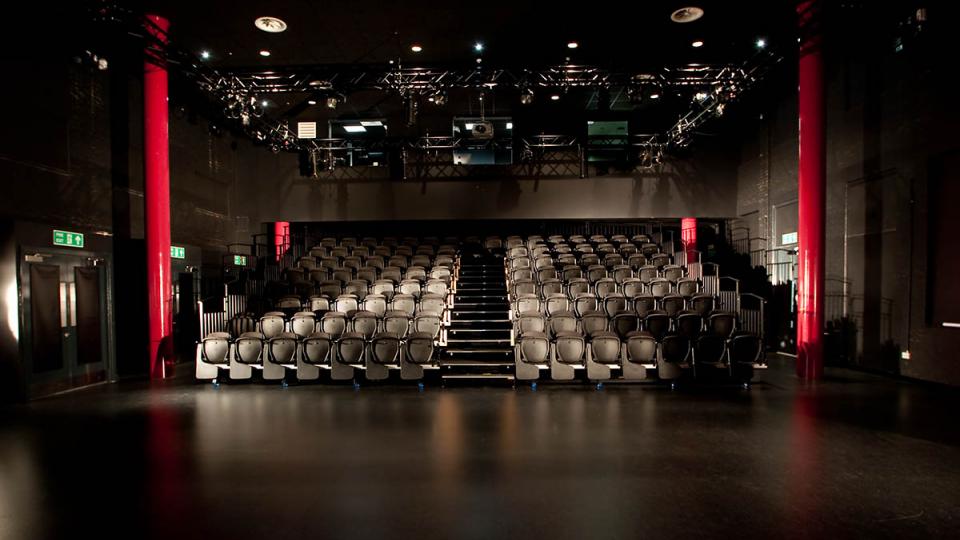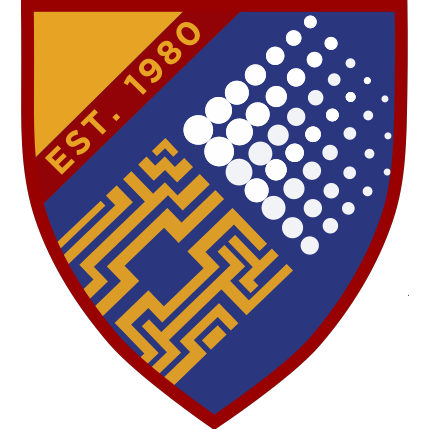Course detail & modules
As you study for your Psychology and Forensic Investigation degree, you will benefit from the expertise of our lecturers. Drawn from the fields of psychology, policing and forensic science, they have practical experience in addition to academic and research insights.
You will also have access to specialised facilities, equipment and software that help you to practice skills in evidence gathering and analysis, as well as psychometric testing. These include:
crime scene rooms
laboratories with equipment for analysing blood spatter, DNA evidence and the investigative process
experiment building software such as Testable, SuperLab and Psychopy
Biopacs
two eye tracking units with biofeedback integration capability
EEG
portable EEG
validated Cognitive ability tests.
Throughout the course you will have a personal tutor to support you. In addition, you can expect to learn through:
lectures
seminars
workshops
tutorials (in small groups and one-to-one)
experiential (work-based)
supported online tasks
independent study.
We will encourage you to take opportunities for work experience. This type of experiential learning will help you to relate your theoretical knowledge to real-world practice. Past students have completed their work experience in a range of settings, including:
victim support schemes
drug support schemes
after-school clubs
market research.
By the time you graduate, you will have developed specialist knowledge and skills, as well as the advanced research, literacy and numeracy skills that employers value.
Compulsory modules
Behaviour and Mind
Criminal Minds
Psychology in the Real World
Growing Up
Introduction to Forensic Science Investigation
Quantitative Research Methods in Psychology
Qualitative Research Methods in Psychology
Cognition in Action
Forensic Investigation of Crime
Further Research Methods
Individual Differences
Lifespan Development
Biological and Atypical Psychology
Show less















